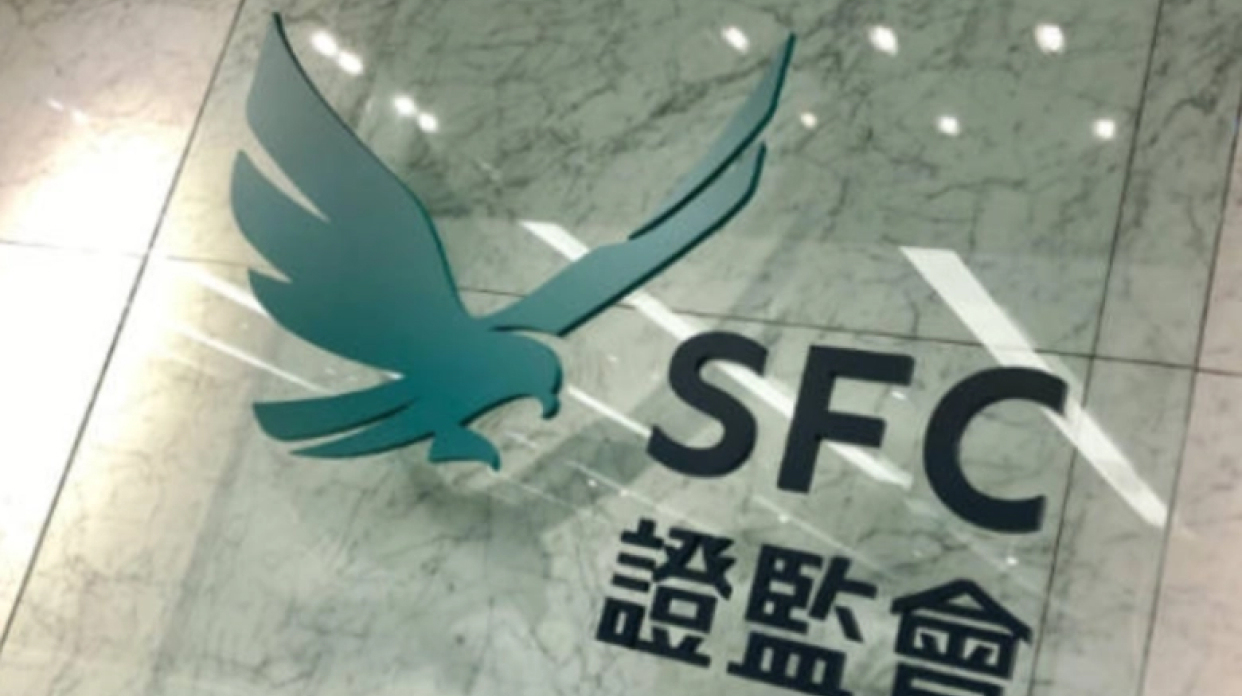
Securities and Futures Commission of Hong Kong
Year 1989Regulated by Government
The Securities and Futures Commission (SFC) is an independent statutory body set up in 1989 to regulate Hong Kong's securities and futures markets. The SFC derives its investigative, remedial and disciplinary powers from the Securities and Futures Ordinance (SFO) and subsidiary legislation. Operationally independent of the Government of the Hong Kong Special Administrative Region, the SFC is funded mainly by transaction levies and licensing fees. As a financial regulator in an international financial centre, the SFC strives to strengthen and protect the integrity and soundness of Hong Kong's securities and futures markets for the benefit of investors and the industry.
Disclosure summary
- Disclosure matching Name matching
- Disclosure time 2017-04-12
- Penalty amount $ 384,101.04 USD
- Reason for punishment Committing internal control deficiencies in combating money laundering
Disclosure details
Securities Star International Futures Limited was reprimanded and fined $3 million by the SFC for internal control deficiencies in combating money laundering
Zhengxing International Futures Co., Ltd. was reprimanded and fined 3 million yuan by the China Securities Regulatory Commission for committing internal control deficiencies in combating money laundering April 12, 2017 Zhengxing International Futures Co., Ltd. (now known as Rifa Futures Co., Ltd. (Rifa)) He was reprimanded and fined $3 million by the Securities and Futures Commission (SFC) for failing to comply with anti-money laundering regulatory requirements when handling third-party fund transfers (Note 1). The investigation by the Securities Regulatory Commission found that Rifa made the following deficiencies when handling third-party deposits and transfers from January to July 2014, indicating that it did not take sufficient measures to reduce the risk of money laundering: Failure to obtain proper written instructions from customers and verify the identity of the third party (Note 2); Failure to make sufficient inquiries about third party deposits and keep proper records of relevant findings (Note 3); The approval process was effective; it did not provide adequate anti-money laundering training to its staff; and it did not have an adequate and effective compliance function in place. The SFC considered that Rifa had breached its duty to take all reasonable steps to ensure that appropriate safeguards were in place to prevent money laundering and terrorist financing risks associated with third party fund transfers. Responsibilities include making appropriate inquiries to ensure third party funds transfers are consistent with the client's known legitimate business, maintaining records of such inquiries, effectively implementing internal policies to prevent money laundering and terrorist financing, and communicating these to staff policy. The SFC further found that Rifa had once breached the Securities and Futures (Client Money) Rules by transferring a sum of money from a client's account to one of the responsible officers (Note 4). In determining the above disciplinary action, the SFC has taken into account that Rifa: has taken ex post facto actions to rectify its internal control deficiencies; has shown cooperation with the SFC in resolving the disciplinary action; has agreed to engage an independent review body to review its internal controls. measures; and has no previous disciplinary record. End note: Rifa is licensed to carry on the business of Type 2 (dealing in futures contracts) regulated activity under the Securities and Futures Ordinance. In April 2003, under section 399 of the SFO, the SFC issued proposals entitled "Proposals on Enhancing Firms' Ability to Comply with the Securities and Futures (Client Securities) Rules and the Securities and Futures (Client Money) Rules" Control Measures and Procedures", paragraph 2 of which stipulates that licensed corporations are required to require their clients to give written instructions (other than buy and sell orders) in relation to all transactions between them and the corporation. The written instruction should be signed by the client and the corporation should check that the signature is the same as that contained in the client's account opening documents kept by the corporation. Where any instruction involves the appointment of a third party to act on behalf of the client, the licensed corporation should certify the identity of the third party specified. According to paragraphs 5.10 and 5.11 of the Guidelines on Combating Money Laundering and Counter-Terrorist Financing, Version 2, licensed corporations are required to examine and inquire into the background, purpose and circumstances of complex, large or unusual transactions; Findings and results should be documented in writing to assist the relevant authorities. Section 5(3) of the Securities and Futures (Client Money) Rules provides that a licensed corporation shall not pay any client money to any of its employees, but if the employee is the relevant client and the client money is held on his behalf Some are exceptions. Licensed corporations should refer to the "Circular to Licensed Corporations and Associated Entities - Anti-Money Laundering/Cerrorist Financing - Compliance with the Anti-Money Laundering/Terrorist Financing Requirements" issued by the SFC on 26 January 2017, It sets out the main areas of concern that the SFC has identified in its review of the AML/CFT regimes of some licensed corporations. Disciplinary Action Statement is available on the SFC website Last updated 12 April 2017
View original
Annex
More regulatory disclosure
Warning
2021-08-04
Investor Alert List 

Triumph FX
TriumphFX
Warning
2021-04-12
Investor Alert List 
Golden Sky Capital
Warning
2020-08-05
Investor Alert List 
FOPU